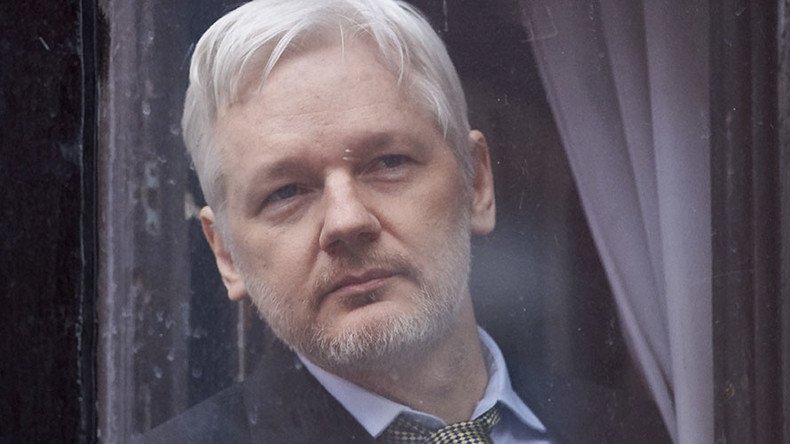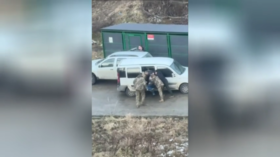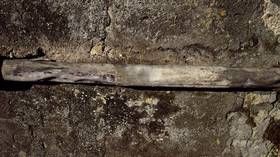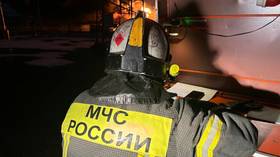Lost in translation: Swedish prosecutors explain bizarre delay in Assange investigation

A hold-up translating a key document is delaying a decision by Swedish prosecutors over whether to continue their investigation of WikiLeaks co-founder Julian Assange on allegations of sexual assault.
The Swedish prosecutors said they would make a decision when they receive a full translation of the interview conducted with Assange at the Ecuadorian Embassy in November.
The prosecutors received the report from Ecuadorian authorities on January 5, and said that it is “almost completed.”
Sweden issued a press release today with the latest excuse for its six+ years of illegal detention without chargehttps://t.co/0VmWWBkWo4
— Julian Assange (@JulianAssange) March 15, 2017
"The prosecutors are still waiting for the translation of some minor parts of the report. These are expected to be completed shortly," the Prosecution Authority said in a statement.
"The prosecutors will now analyze the report and will thereafter decide what further investigative measures may be taken," the statement continued.
"For confidentiality reasons, the prosecutors cannot provide information on which investigative measures they intend to conduct, no[r] when they will take place."
Prosecutors had been expected to make an announcement on whether they would continue with the investigation this week.
READ MORE: Assange questioned at Ecuadorian embassy over rape allegation
In November, Sweden’s chief prosecutor Ingred Isgren attended the embassy where an Ecuadorean prosecutor questioned Assange, using questions submitted by the Swedish prosecutors.
Assange published the answers he gave during questioning in December, angering Swedish prosecutors.
The WikiLeaks co-founder has been living in the Ecuadorian Embassy since seeking political asylum there in 2012, after Sweden issued an arrest warrant for him over allegations of sexual assault by two women in 2010.
BREAKING: UN rejects UK appeal on #Assangehttps://t.co/31TThJ8DGk#svpol#auspol#ozpolpic.twitter.com/vI5MCKOsC7
— WikiLeaks (@wikileaks) November 30, 2016
In February, the United Nations Working Group on Arbitrary Detention ruled Assange was being “arbitrarily detained” and called for an end to his detention. The UK appealed the findings but lost.
Assange refused questioning in Sweden over fears that he would be extradited to the US on charges related to his work with WikiLeaks.












